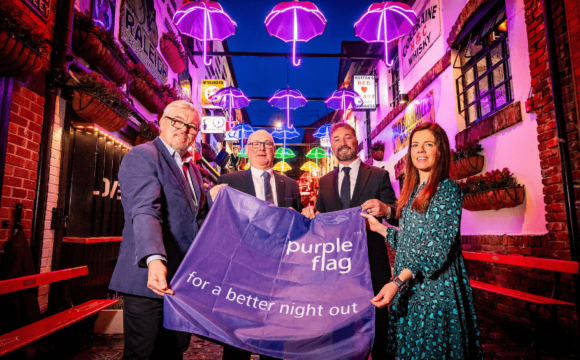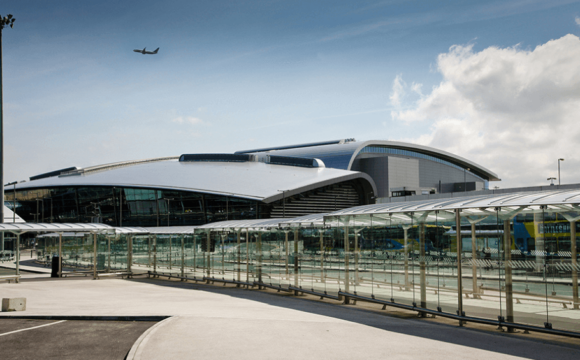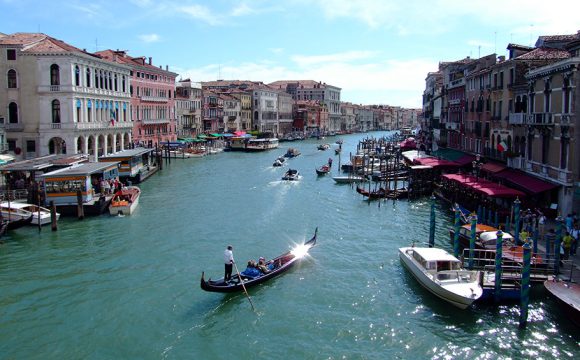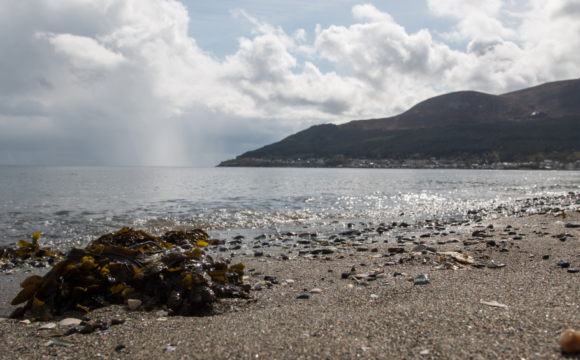Holidaymakers are being warned of the foods they should avoid eating when abroad to avoid getting ill.
Health and nutrition experts from Prepped Pots powered by MuscleFood.com have named seven foods that can cause ‘traveller’s belly’ and other foodborne illnesses.
Exploring local cuisine is one of the reasons many people enjoy travelling, however Britons are being urged to be on the safe side and steer clear of risky foods that can ruin their trip.
Our bodies have not developed defenses against foreign bacteria, so eating something as innocent as fresh fruit and vegetables can have negative consequences, especially in countries where water quality is an issue.
A good rule of thumb when navigating culinary choices abroad is to avoid anything that’s raw or undercooked, whether that’s fresh produce, meat or seafood.
Travellers should also be careful with food that has been left to sit out for a long time, such as buffet, deli and street food.
The safest bet is to only eat fully cooked, steaming food, as high heat kills harmful bacteria, or opt for dry or packaged food.
We have named the top seven foods to be careful with while travelling:
- Street food
Street food is a popular and often delicious way to experience local cuisine, but it can also be risky. When choosing street food, it’s important to be selective and choose vendors that look clean and have a high turnover of customers. Avoid pre-cooked foods that have been sitting out for a long time, as they can be a breeding ground for bacteria.
- Raw or undercooked meat
Raw or undercooked meat can contain harmful bacteria and parasites such as Salmonella, E. coli, and Trichinella which can cause serious illnesses. High heat kills germs, so if you’re eating meat then make sure that it’s cooked all the way through.
- Fish and shellfish
Seafood, particularly when consumed raw or undercooked, can pose food safety risks due to the potential presence of viruses and bacteria. Travelling overseas often means unfamiliar food sources, and not all regions have the same food safety regulations. Consuming contaminated seafood can lead to food poisoning and gastrointestinal issues.
- Fresh salsas and condiments
Be careful with fresh sauces and condiments, especially when you don’t know the exact ingredients they contain. Fresh salsas are made with uncooked tomatoes and onions which can be contaminated. Plus, fresh sauces have a short shelf life and you can’t be sure how long ago they were prepared. Instead choose sealed and packaged condiments over homemade or open containers.
- Bushmeat
Consuming bushmeat, which is meat from wild animals, can pose several risks and should be avoided when travelling. Wild animals can carry a variety of diseases that may be transmitted by bushmeat consumption. Bushmeat should also be avoided because it can come from endangered or threatened species.
- Unpasteurised dairy products
Pasteurisation is a process that involves heating milk and dairy products to kill harmful bacteria. Without pasteurisation, bacterial growth and contamination are more likely, especially if the dairy products are not handled and stored correctly.
- Eggs
Avoid dishes that contain raw or undercooked eggs to prevent contracting Salmonella. Raw eggs are used in certain desserts, cocktails and sauces like hollandaise and mayonnaise. You should also be careful when eating scrambled eggs, as sometimes the eggs are not cooked thoroughly.
















